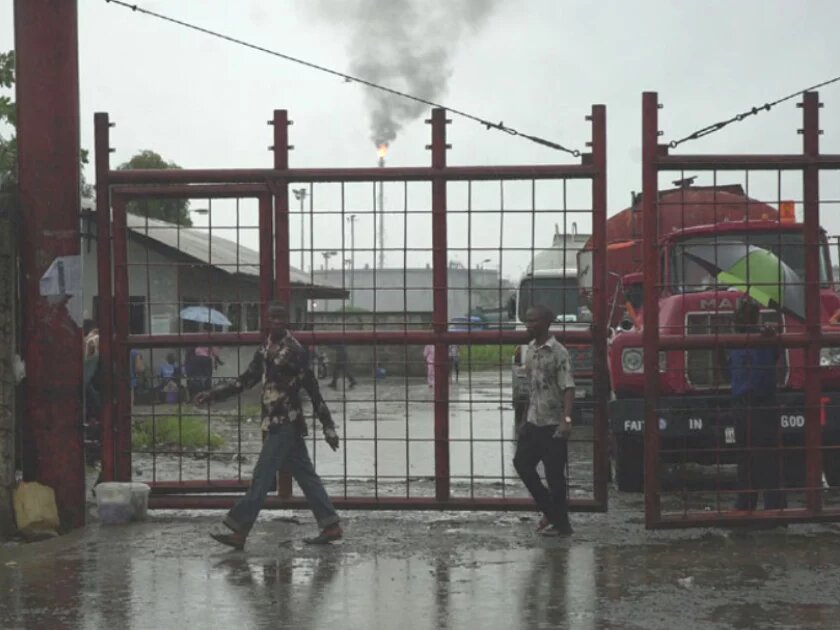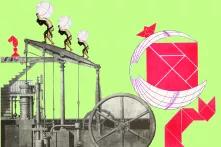
For a very long time Nigeria was – and still is to a certain degree - depending on oil. This was leading to massive corruption problems. Can you elaborate a little bit on this?
Yes, you are right. Nigeria has been drilling oil for the past 50 years now. And yes, laws have been there, but because of the some elements in the oil industry, these laws are not really implemented and this has led to massive corruption in the oil industry. It even led to the fact that we cannot refine our own oil, we need to export crude oil and import refined petrol. It's a huge network of business where huge shady deals happen.
Do you see a chance that Nigeria is developing into a more diverse and green economy? Can this also have an effect in the sense of democratization?
Oh, perfect question. Yes! First of all I would like to tell you that oil demand worldwide is dropping. The US happens to be one of Nigeria's biggest customers for crude oil. Recently, the US has cut the amount of oil it buys from Nigeria and this is a problem for Nigeria. We won't have a market for this oil anymore, so what do we do?
Now the government has decided to diversify the economy. One major area where we can see this diversification is in the agricultural sector. Before the discovery of oil, Nigeria was an agricultural state. Now the government tells us that we can create more jobs, more revenue, if we go back to agriculture. So the government has set up what we call the Agricultural Transformation Agenda, which is in progress.
But, you know, one thing is setting up policies, another is to implement them. It may take another 50 years for it to get going, but I think, the initiative is good for now. Actually, we are more a gas than an oil economy. We have more gas than oil. So what they are also saying is that, if we can sustainably utilize our gas resources – of course, environmentally it's not clean – but, they say if we can utilize the gas to develop our renewable sector for example – gas as a short term, or midterm solution for development – I think then we can diversify the economy a little.
So, Nigeria is reinvesting in agriculture. Do you also have problems with land grabbing?
Of course. When we say Agricultural Transformation, one of the flaws here is that it is mainly addressing the big farming systems. Big companies will come and have millions of hectares of agriculture.
Are these Nigerian or international companies?
It's international companies. And this is a problem. There is one company, which owns over 300,000 hectares of land. Now, they are displacing the indigenous people, who traditionally owned this land. Our land laws are not favorable. The communities own the land, but if the state sees it necessary to take that land for the public interest, it has the right to take it. I don't think the new Agricultural Transformation has the small scale farming in its agenda. Maybe it has, I don't know. Of course we can do big scale farming, but we shouldn't take away the small scale farmers from the issue. So land grabbing is a problem, because these big multinationals will want to get the oil, the land, they are coming for money. To make money as much as agriculture.
Are the people in Nigeria in favor or rather against the Agricultural Transformation, as it goes along with land grabbing?
It's a two-way thing. People say, yes, we want to diversify the economy, agriculture will provide jobs and food. On the other hand people also say, no, if we can develop our subsistent farming, this can also diversify the economy. By big scale farming you are taking away the land from the people. So it's a double edged sword.
Thank you for the interview!
